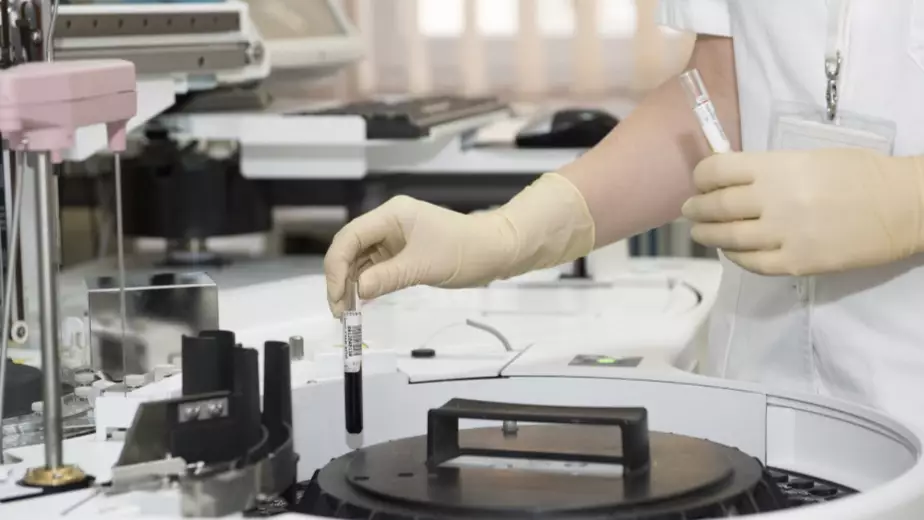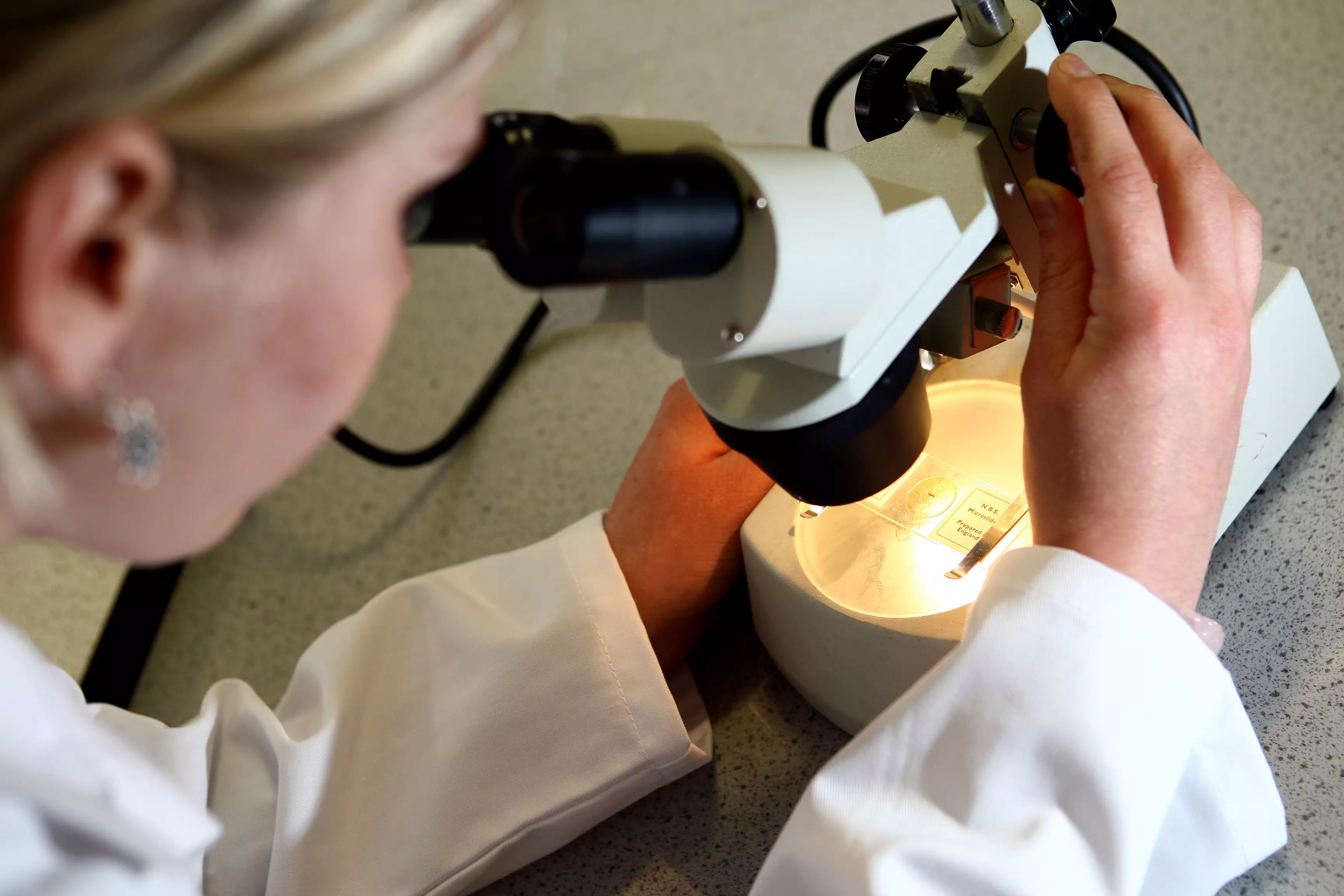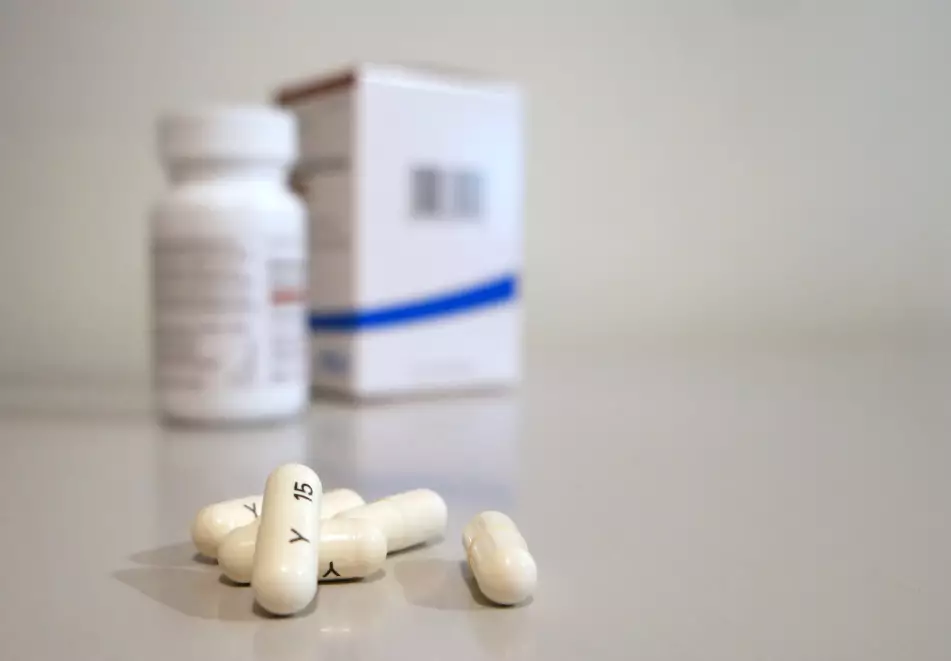
Scientists in the US have identified a combination of drugs that shrank pancreatic cancer tumours when tested on mice.
The researchers at Sanford Burnham Prebys Medical Discovery Institute now hope the drug combination will immediately go to clinical trials.

The drugs in question - L-asparaginase and an MEK inhibitor - are both already used to treat cancer and leukaemia, and the former was used to starve pancreatic tumours of a key nutrient called asparagine.
Advert
Rather than dying, the tumours turned on a stress pathway that enabled them to produce asparagine themselves, but when scientists treated the mice with the MEK inhibitor, this blocked the stress response pathway and caused the tumour to shrink.
Pancreatic cancer is one of the deadliest forms of cancer, with only 10 percent of people surviving beyond five years of diagnosis, and it is hoped the research could help to improve the outlook for people with the disease.
The study was published in Nature Cell Biology and senior author Professor Ze'ev Ronai said the team were now working to get the treatment to clinical trials as soon as possible.
He said: "The sad reality is that at present, pancreatic cancer therapy is lagging since there is no effective treatment for these tumours.
Advert
"Our study identifies a potential treatment combination that can immediately be tested against these aggressive tumours. We are already meeting with oncologists at Oregon Health & Science University to discuss how to advance this discovery into clinical evaluation."

Pancreatic cancer is difficult to diagnose, with common symptoms such as yellow skin, abdomen pains and weight loss often not presenting themselves until the latter stages of the disease.
It strikes 9,000 people in UK and nearly 57,000 in the US each year, with a quarter of people dying within a month and three quarters dying within a year.
Advert
Rosalie Sears, a professor at Oregon Health & Science University, said: "It's clear we're not going to find a single magic bullet that cures cancer but will instead need several drugs that target multiple vulnerabilities.
"This study identifies a promising dual treatment for pancreatic cancer - one of the deadliest cancers - and I look forward to seeing these drugs tested in patients."
Topics: World News, Health